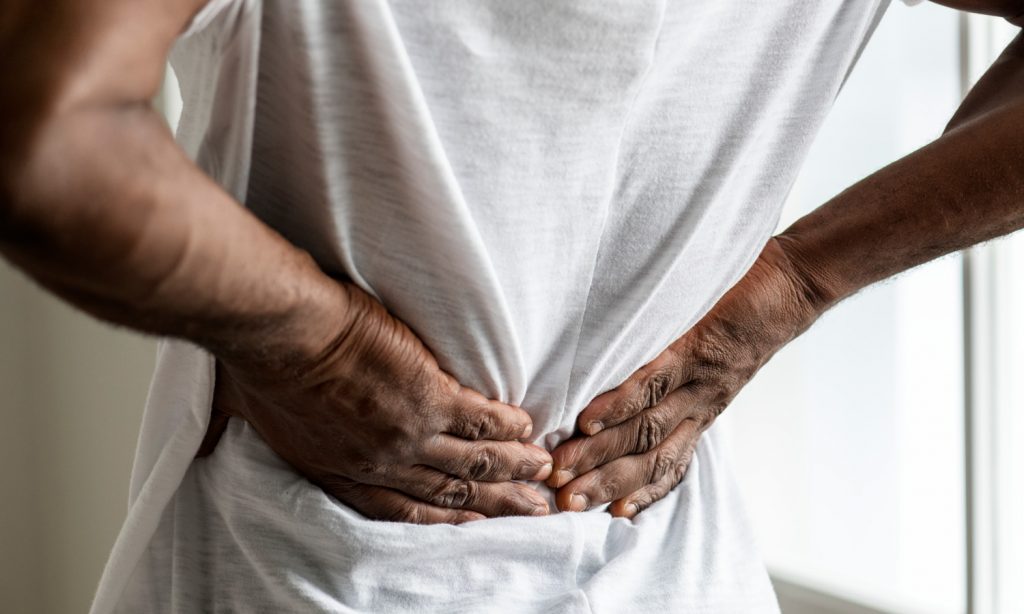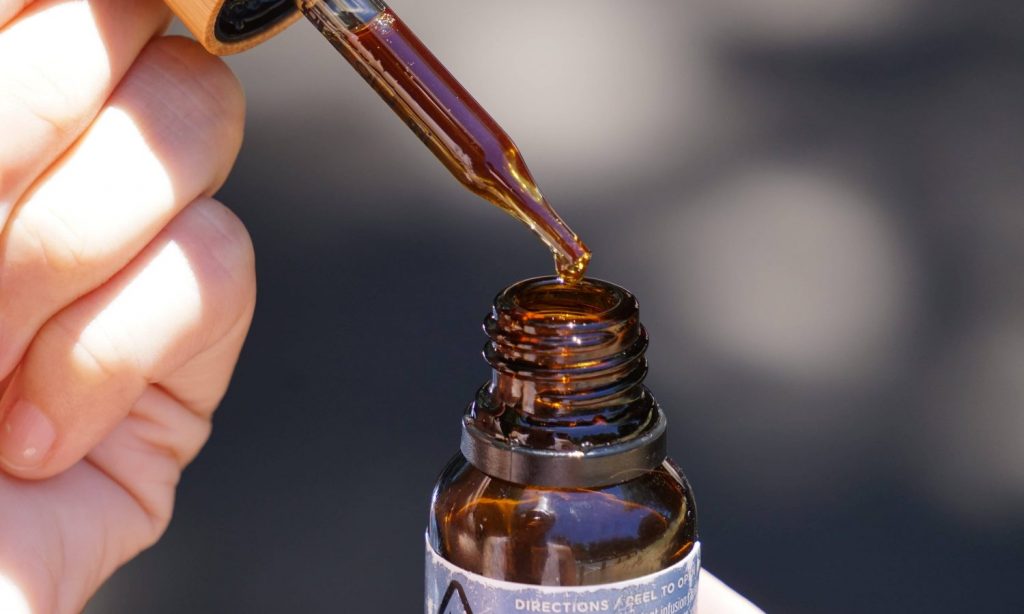The high cost of Biogen’s newly approved and controversial treatment will be compounded by a misguided Medicare policy that incentivizes doctors to prescribe the priciest medicines.
Disclaimer:This article was originally published on The Fresh Toast. The views expressed in this article solely belong to the author.
It is easy to understand why everyone is desperate for anything that will help with Alzheimer’s Disease. Patients and their families dread its relentless onslaught. Consequently, there was tremendous pressure for the FDA to approve Aduhelm (aducanumab), by Biogen and Eisai.
However, its approval was met with widespread criticism because it is both expensive, with an expected annual price tag of $56,000, but of limited effectiveness.
Aducanumab is taken as an infusion administered in a doctor’s office for one hour every four weeks. That might be difficult for a patients suffering from agitation who might not understand why they are there.
The high cost of Biogen’s newly approved and controversial treatment will be compounded by a misguided Medicare policy that incentivizes doctors to prescribe the priciest medicines.








